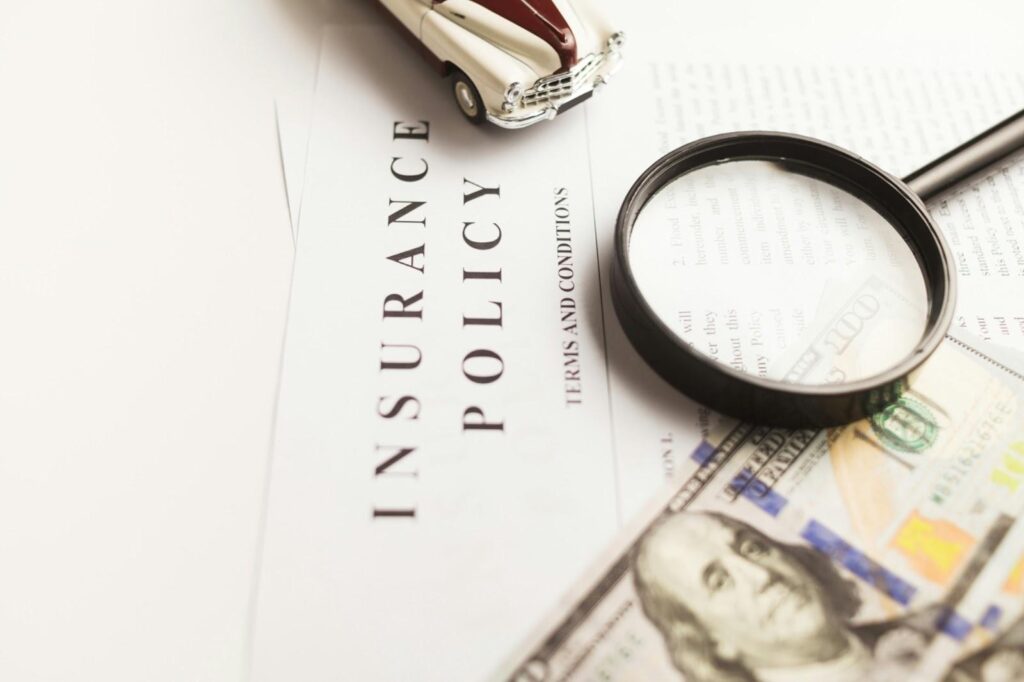Quick Summary
This article explains how at-fault car accidents in Florida can expose personal assets, and how legal strategies like Florida’s homestead exemption and proper planning can protect your home and wealth. Explore more Blake Harris Law articles for actionable insights on protecting your assets.
Can a Florida Car Accident Lawsuit Cost You Your Home?
If you are at fault in a car accident in Florida, your personal assets, including your home, could be at risk. Florida’s laws allow injured parties to pursue damages beyond insurance limits, raising serious concerns for high-net-worth individuals.
This Blake Harris Law article explains when and how the injured party might come after your house, what protections Florida law offers, and how asset protection strategies can help limit exposure.
Why Listen to Us?
Blake Harris Law focuses exclusively on asset protection for high-net-worth individuals. Our team structures legal safeguards like offshore trusts and LLCs to help protect homes and other assets from lawsuits, including those stemming from car accidents. We provide clear, compliant strategies designed to limit exposure and preserve financial privacy under Florida law.
What Does It Mean to Be “At Fault” in a Florida Car Accident?
Being “at fault” means your actions, such as speeding or ignoring traffic signals, contributed to the crash. Under Florida’s comparative negligence rule, you are only responsible for your percentage of fault. For example, if you are 70 percent at fault, you may owe 70 percent of the total damages.
Two coverages are important here:
- Bodily Injury Liability (BIL): covers injury-related claims made against you
- Property Damage Liability (PDL): covers damage to another person’s vehicle or property
If you are found at fault in a car accident and a judgment exceeds your insurance coverage, the injured party may pursue your personal assets. This includes your home unless it is protected by legal tools like Florida’s homestead exemption or asset protection planning.
Florida Homestead Exemption and At-Fault Car Accidents
Article X, Section 4 of the Florida Constitution protects qualified homestead property from most unsecured judgments, including those resulting from at-fault car accidents if specific conditions are met. This is called the Florida Homestead Exemption.
Who Qualifies for Protection?
To claim homestead protection, both ownership and residency requirements must be satisfied. While the law limits the size of the property, there is no cap on the value of the protected home.
- Ownership Requirements: The property must be owned by a real person. Revocable trusts qualify if the grantor is also the beneficiary and holds a present possessory interest. LLCs and corporations are not eligible for protection.
- Residency Requirements: You must use the property as your permanent and primary residence. This is typically shown through a Florida driver’s license, voter registration, vehicle records, and personal or family ties to the property.
This protection only covers up to ½ acre within a municipality or up to 160 acres outside a municipality. There is no limit on the home’s value, and protection applies automatically once the criteria are met.
What the Homestead Exemption Does Not Protect Against
- Mortgage Lenders: If your home secures a loan and you default, the lender can foreclose.
- Property Taxes: Unpaid taxes can lead to a lien and forced sale by the county.
- Mechanic’s Liens: Contractors and suppliers may file a lien for unpaid work or materials.
- HOA or Condo Association Liens: Failing to pay dues can result in foreclosure actions.
Additional Factors to Consider
Co-Ownership: If a co-owner does not qualify for homestead protection, their portion of the property may be vulnerable. In some cases, this could result in a forced sale to satisfy a creditor’s claim against the unprotected share.
Sale Proceeds: If you sell a protected homestead, the proceeds can remain exempt if:
- You intend to reinvest in another Florida homestead
- The funds are kept separate from other assets
- Reinvestment occurs within a reasonable period, typically 6 to 12 months
When Can You Be Sued Personally?
You can be personally sued after a car accident if the injuries meet the legal threshold and your insurance limits are too low to cover the damages. This often applies in cases involving permanent injuries, significant disfigurement, or death.
If you are found at fault and the losses exceed your Bodily Injury Liability (BIL) coverage, the injured party can bring a lawsuit directly against you. While your insurance may pay part of the judgment, any remaining balance becomes your personal responsibility.
Creditors may pursue your non-exempt assets, including:
- Bank accounts
- Investment portfolios
- Second homes or vacation properties
- Vehicles not protected under Florida law
In some cases, they may record a judgment lien against non-homestead real estate or garnish your wages.
How to Protect Your Assets From an At-Fault Car Accident
1. Increase Your Auto Liability Coverage
Many Florida drivers carry only the minimum required coverage, which may not be enough in a serious accident.
Raising your Bodily Injury Liability (BIL) limits can help cover more of the damages in the event of a lawsuit. This reduces the chance of your personal assets being targeted if a judgment exceeds your coverage.
2. Add Umbrella Insurance
Umbrella insurance provides an additional layer of liability protection beyond your auto and homeowners policies. It can help cover large judgments that surpass standard policy limits, offering critical support in high-dollar claims. This is valuable for individuals with significant personal or business assets.
3. Use LLCs for Investment or Rental Properties
If you own rental homes or investment properties, consider placing them in a Limited Liability Company (LLC). An LLC, like the Nevis LLC, creates a legal separation between your personal and business assets.
This can help prevent someone injured on a rental property, or in a car accident unrelated to that asset, from reaching your personal holdings.
4. Establish a Trust
Properly structured trusts can help shield assets from future creditors while also offering estate planning benefits. Depending on your goals, a domestic or offshore trust in jurisdictions like the Cook Islands, Nevis, and Belize, can provide a level of privacy, control, and legal separation that enhances your overall asset protection strategy.
5. Consider Tenancy by the Entirety (TBE)
Tenancy by the Entirety is a form of joint ownership available only to married couples. When assets are titled this way, they are generally protected from creditors of just one spouse. This can apply to bank accounts, real estate, and other jointly held assets, provided the titling is properly set up.
Do Not Rely Solely on the Homestead Exemption
Florida’s homestead exemption is a valuable safeguard, but it doesn’t cover all risks. It won’t protect bank accounts, investment assets, or other non-exempt property, and it only works if the legal requirements are fully met.
That’s where Blake Harris Law comes in. We help clients structure their holdings to reduce liability and protect what matters most. Whether through advanced planning tools like trusts, LLCs, or proper asset titling, we tailor each strategy to fit your specific needs and legal goals.
Protect what you have built. Contact Blake Harris Law to learn how our proven asset protection strategies can work for you.





